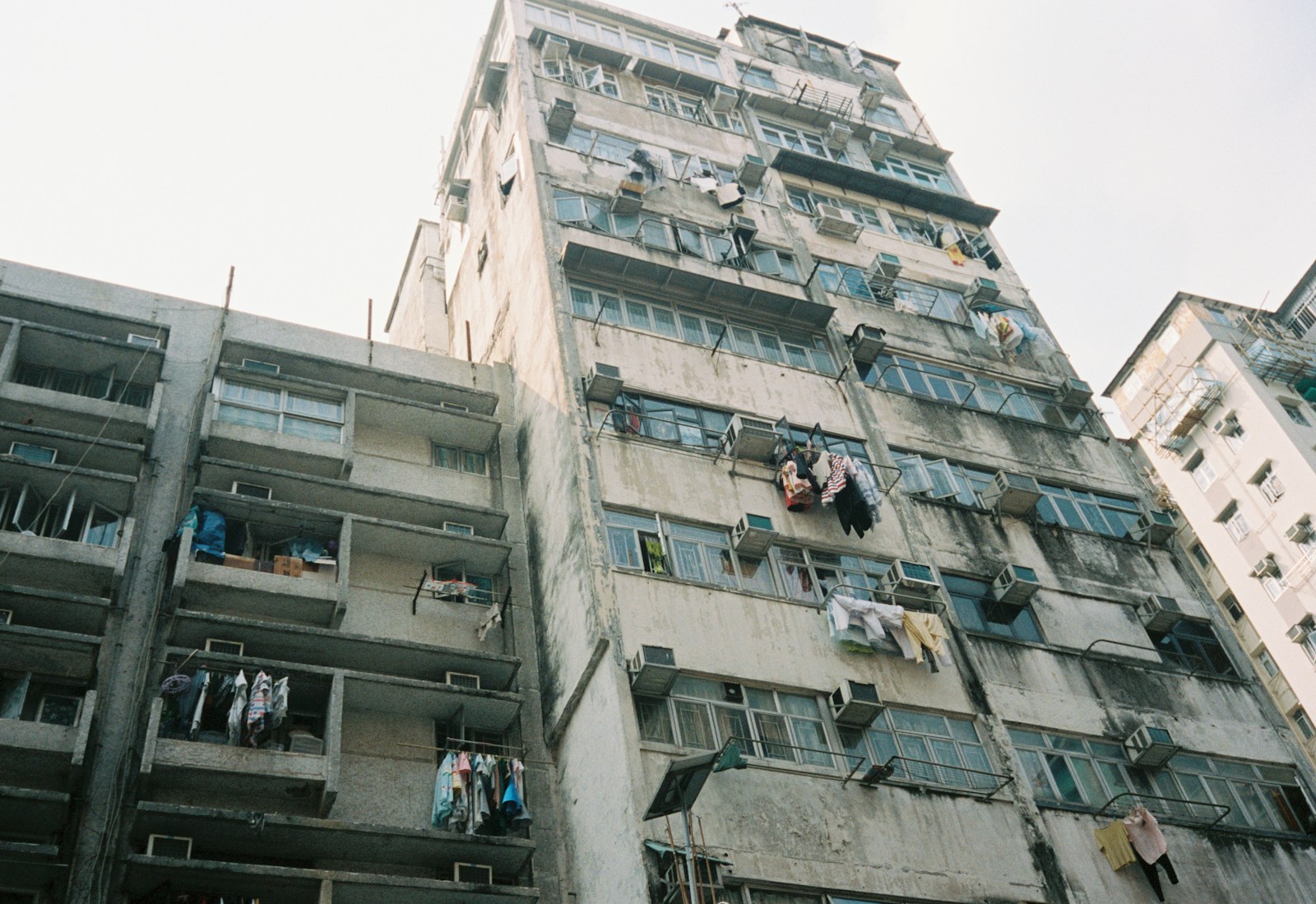Research shows Bangladeshi, Black African and Pakistani families are five time more likely to living in deep poverty than UK households. Experts from the Joseph Rowntree Foundation examine why.
Yesterday, Monday 2nd December, new research from the Joseph Rowntree Foundation (JRF) was published which found that these ethnic minority groups are up to five times more likely to live in persistent deep poverty – a condition defined as living in a household with a total income below 50% of its poverty threshold – than white households.
JRF’s research, which used official survey data to calculate poverty rates, outlined that traditional protective factors such as employment, are less effective within minority groups. Experts found 7% of Bangladeshi and Black African families with all adults in full-time work still face deep poverty.
To give context, the statistic is almost as high as the 10% of white households where no one is in employment.
Alongside employment, housing also plays a significant role in disparities. 15% of Pakistani and Bangladeshi social renters are living in deep poverty as opposed to the 6% of white private and social renters. When it comes to private rent, for Pakistani people it rises to 17% and for Black African it reaches 20%.
However, for the first time the research also identified significant unexplained factors that are contributing to higher rates of poverty among ethnic minority groups. Experts concluded that direct discrimination, structural inequalities and racism coupled with the other standard risk factors are forcing these particular families to go without.
As a result, the JRF are calling on authorities to better focus on addressing these underlying issues to reduce poverty rates.
‘We have known for a long time that Bangladeshi, Black African and Pakistani families are more likely than white families to experience some of the key drivers of deep and persistent poverty in the UK,’ said Paul Kissack, CEO of Joseph Rowntree Foundation. “But this new analysis shows that these familiar and measurable drivers of poverty cannot fully explain the greater scale and persistence of deep poverty amongst families from these ethnic minority backgrounds.’
‘Focusing only on these well-known drivers to understand poverty for Bangladeshi, Black African and Pakistani people no longer holds up. Other factors are clearly at play – including ongoing structural inequalities and direct discrimination and racism.
‘We must constantly dig deeper to understand the relationship between racial injustice and poverty. Only by confronting this head on will efforts to eradicate the scourge of deep poverty in our society have any chance of success.’
In related news:
Warrington’s rejected development hinders ‘the governments stated growth ambitions’



















Leave a Reply